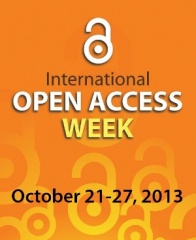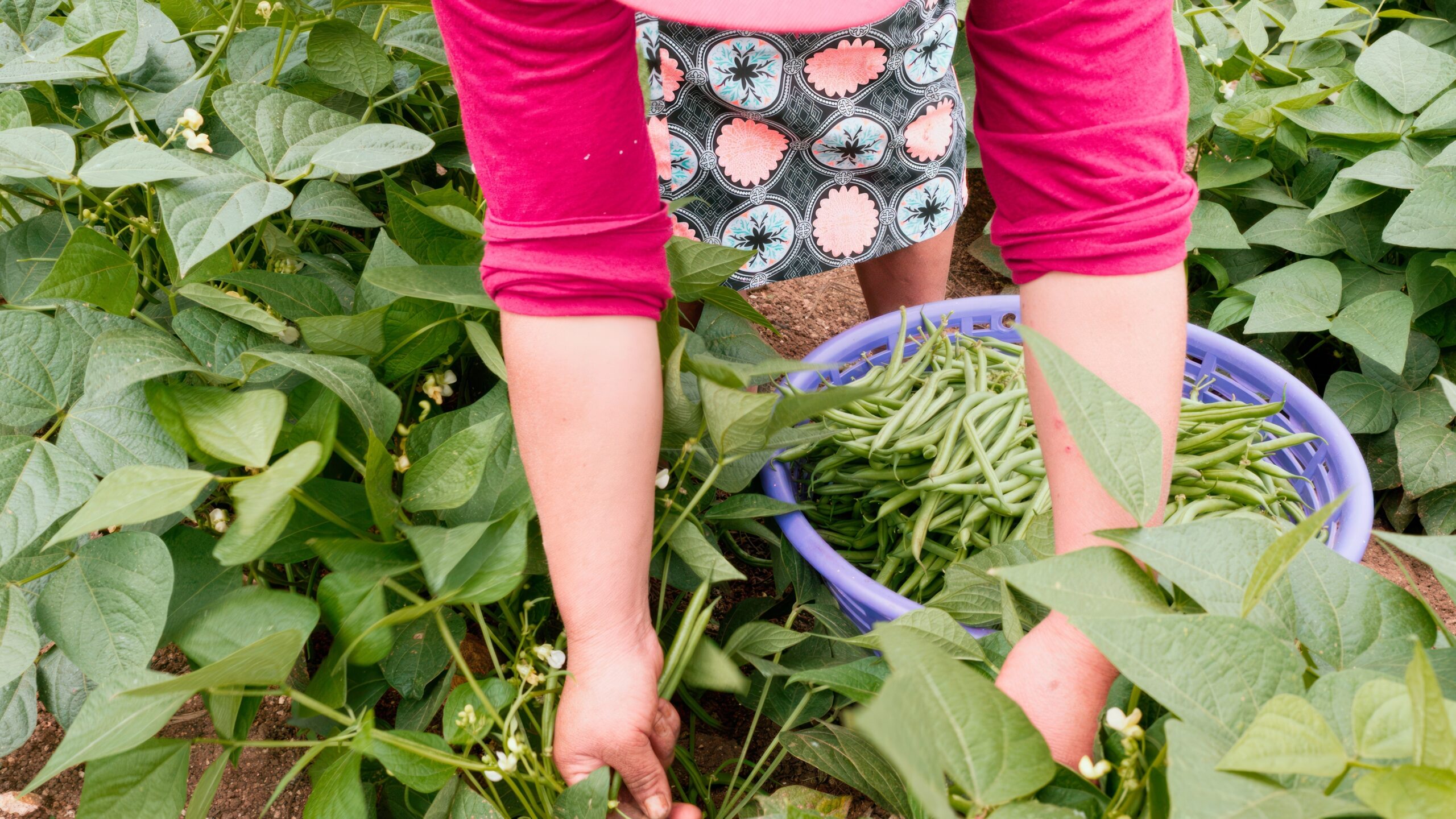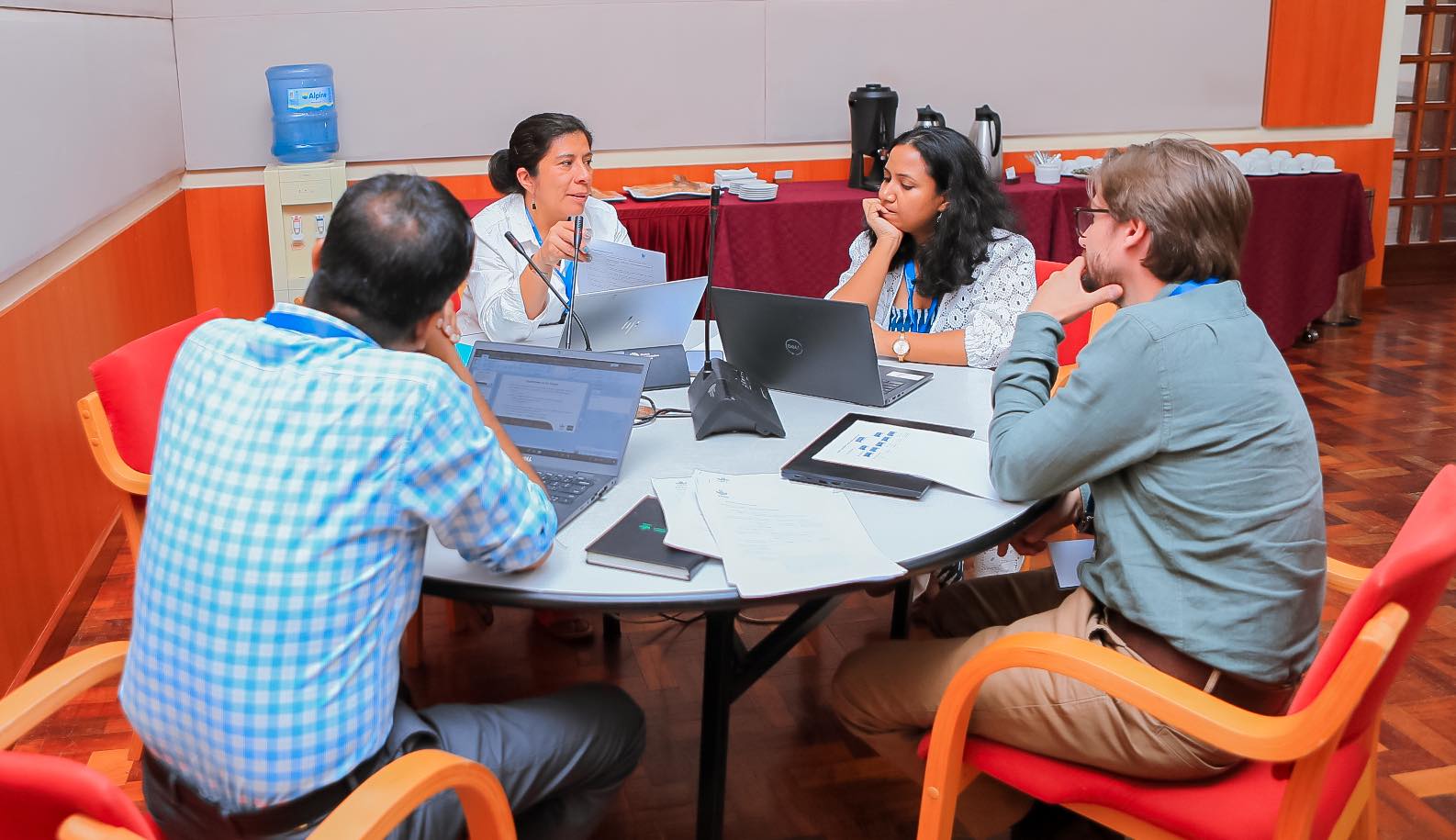At the 6th annual Open Access Week the academic and research communities celebrate their continued commitment to data sharing and access to information. As part of this global commitment to Open Access and Open Data, the CGIAR Consortium’s board recently approved the CGIAR Open Access and Data Management Policy. Since releasing an Open Access Statement in 2012, access to IFPRI’s knowledge products has expanded greatly:
- The IFPRI e-brary Open Knowledge Repository, launched in April 2012, provides access to over 5,300 IFPRI publications, with 4,500 free full-text publications dating from 1977.
- IFPRI Dataverse currently contains 100 research datasets, tallying 22,497 downloads. IFPRI data have been shared on its institutional website since 1990 and, in 2008, IFPRI began publishing data through the Dataverse platform, hosted by Harvard University.
- IFPRI also published several datasets as Linked Open Data (LOD) including the 2013 Global Hunger Index (GHI) and some Arab Spatial data, which allows these data to be shared and updated dynamically across multiple websites.
The repositories listed above, along with several other key online sites such as the Food Security Portal, rely on open metadata standards that allow information to be broadcast and harvested in real-time by other partner sites. For example, IFPRI publications are accessible on the LandPortal website run by the Land Coalition as well as OpenAgris, which is managed by the Food and Agriculture Organization (FAO) of the United Nations.
IFPRI researchers also are witnessing greater uptake and use of their work as a result of increased efforts to share these outputs via Open Access channels. For its part, the Knowledge Management Unit regularly monitors and records citations of its work by other academics in its Mendeley group, IFPRI Cited in External Publications. These knowledge products and publications have been cited in Mendeley over 270 times during the first ten months of 2013, compared to 118 times for the entirety of 2012. The IFPRI e-brary repository, meanwhile, recently added the Altmetrics badge, allowing researchers to track how their publications are being used by scientific and non-scientific networks. This type of live tracking has piqued the interest of IFPRI researchers in making their outputs more widely available via Open Access tools and approaches.
Related Materials







